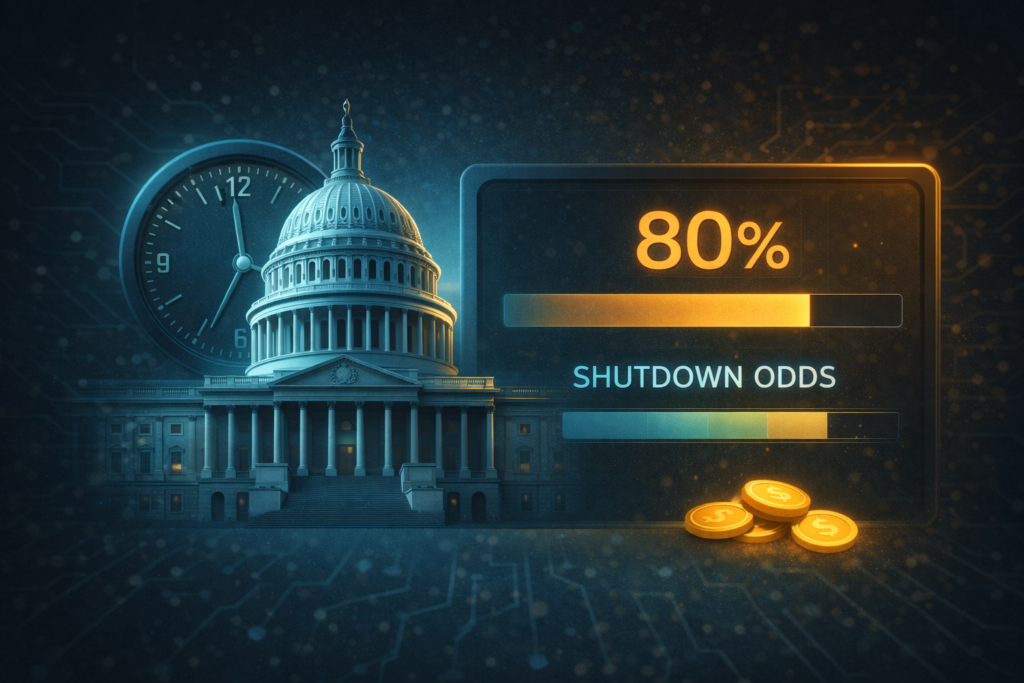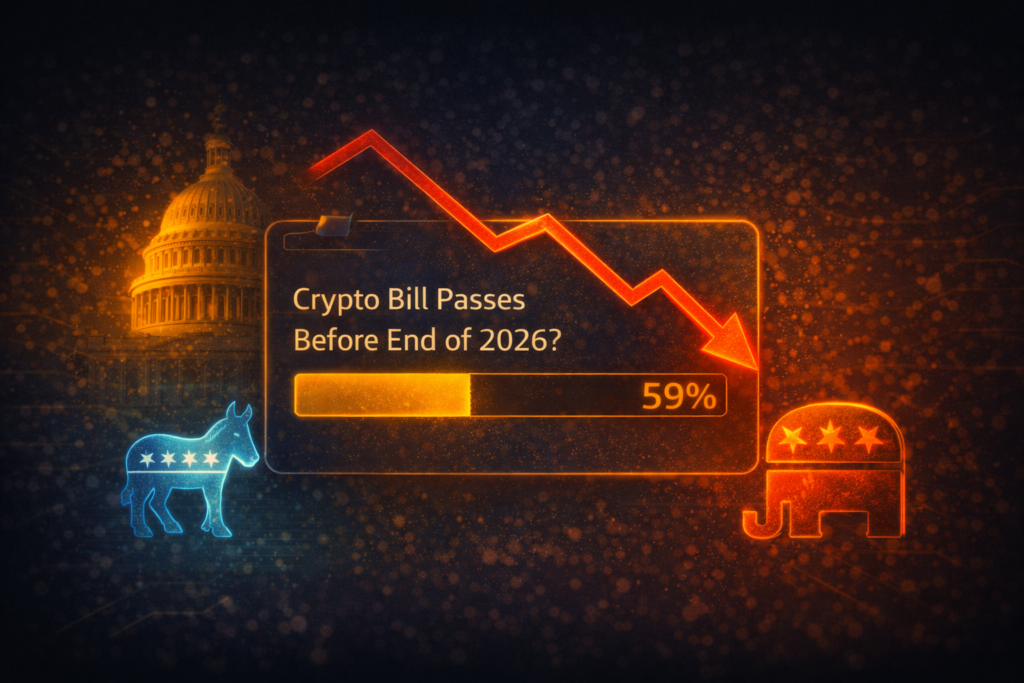Democratic Senators pressed Mike Selig, President Trump’s nomination as the next head of the Commodity Future Trading Commission, about sports event contracts during a hearing before the Agriculture, Nutrition and Forestry Committee today.
Selig’s responses were consistent: As CFTC chair, he will rely on the courts to determine the legality of prediction markets offering products the majority of states and tribes contend are equivalent to sports wagers.
It’s an ostensibly different position than the one taken by Brian Quintenz, Trump’s original nomination to lead the agency, who told the Senate Ag Committee in June that he’d be obligated to defend prediction markets against legal challenges from states.
CTFC Regulations ‘Clearly Prohibit’ Sports Event Contracts
Sen. Tina Smith (D-MN) fired the first prediction markets question at Selig, saying while Minnesota has not legalized sports betting, her constituents “can bet on sports online, anytime they want to through the so-called prediction market platforms. As I’m sure you also know, through the Indian Gaming Regulatory Act, tribes have the authority to regulate gaming within their reservations, including sports betting. …
“Current CFTC regulations clearly prohibit event contracts related to gaming from being offered. So, if confirmed, can you commit to enforcing that prohibition?”
“I intend to always adhere to the law and follow what judicial decisions tell me to follow,” Selig said in a response that became predictable and repetitive.
“I also believe that these types of issues are ones that we can work through together. Some of them are congressional issues as to whether we change statutes in certain areas, but of course I was not at the CFTC at the time that this portion of the Dodd-Frank Act (which regulates swaps markets) was drafted. …
“These are just very challenging interpretive questions that I will look to the courts on.”
Do Prediction Markets Protect Against Manipulatable Markets?
Amid recent betting scandals in the NBA and MLB, Sen. Cory Booker explained Designated Contract Markets must comply with 23 CFTC core principles, including one that “requires contracts must not be readily susceptible to manipulation. …
“I wanna make sure that you have strong integrity in your monitoring systems in place,” Booker put to Selig.
Selig, again, invoked a reliance on courts.
“I think it’s vitally important that the CFTC look to the courts on a lot of these issues,” he told Booker. “They’re of course being litigated across the country. To the extent that any of these event contracts constitute gaming, that’s a question for the courts.
“But if they’re trading in our markets, if the products are self-certified and the CFTC is allowing them to trade in the markets, of course it’s vital that the CFTC ensure that those contracts are not being manipulated, that they’re not readily susceptible to manipulation.
“It’s a core principle, and of course if confirmed, that would be something that I would enforce.”
Schiff Questions Financial Utility of Sports Event Contracts
Sen. Adam Schiff, a Democrat from California, a state where tribal influence is particularly strong, summarized what some industry observers perceive as hypocrisy by companies like Kalshi and Polymarket.
“These prediction markets are trying, I think, to have it both ways simultaneously, marketing themselves as financial products and marketing themselves as sports betting,” Schiff said. “But there’s no economic utility to these contracts. There’s no price discovery being facilitated. They’re offering gaming products with no regulation, and I think that’s in violation of state law and tribal sovereignty. …
“I understand that you will defer to the courts,” Schiff anticipated Selig’s answer. “I would hope that you would defer to the courts and abide by court decisions, but what is your view on whether these are gaming in violation or these are some kind of different contractual obligation that has some kind of economic merit, intrinsic economic merit?”
“As you know as a good lawyer, the answer is always it depends, and that’s why these are questions for the courts,” Selig offered. “They’re really complicated issues of interpretation.”
Pressed to explain what constitutes a sports bet, Selig avoidance persisted.
“I think it would be irresponsible for me to prejudge that issue,” he said, “and so I will come into the issue at the commission if confirmed with a blank slate and look to the courts.”









